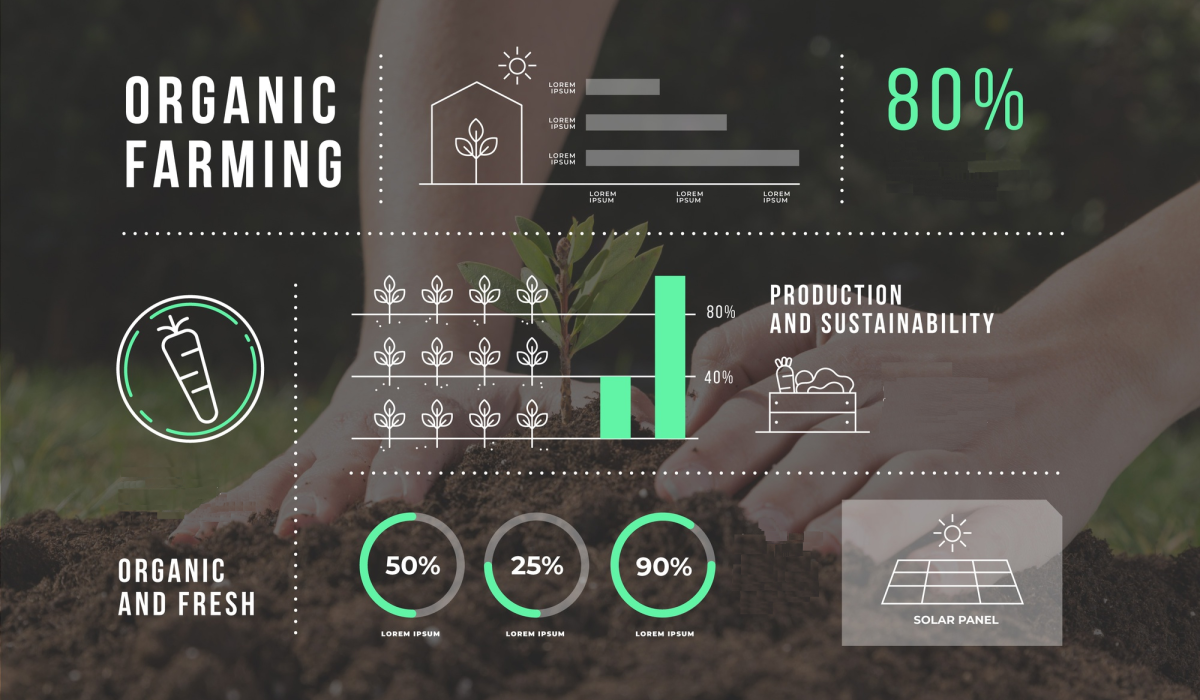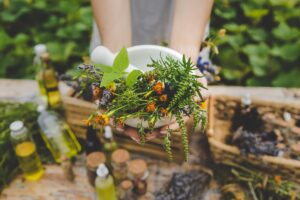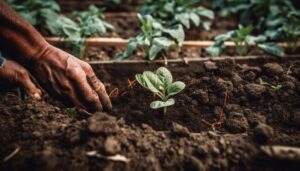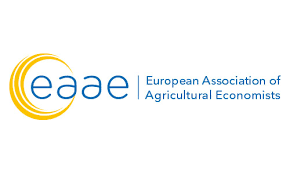The steps of organic agriculture are almost the same in the whole world and are implemented in the same way. Organic farming is agriculture that makes healthy food, healthy soils, healthy plants, and healthy environments a priority, along with crop productivity.
Organic farmers use biological fertilizer inputs and management practices such as cover cropping and crop rotation to improve soil quality and build organic soil matter. By increasing the amount of organic matter in the soil, organic farmers enhance the soil’s ability to absorb water, reducing the impacts of drought and flooding. Improving soil organic matter also helps it to absorb and store carbon and other nutrients needed to grow healthy crops, which, in turn, are better able to resist insects and diseases.
Compared to traditional farming, an organic approach removes nitrogen-based fertilisers from the food chain, enhances soil health, reduces water consumption and recycles animal waste back into the production cycle.
Why organic farming
Organic farming has grown in popularity in recent years in response to a number of market factors, such as consumers desire to support businesses that are supporting the environment and to help combat climate change.
Organic farming step by step
Consider
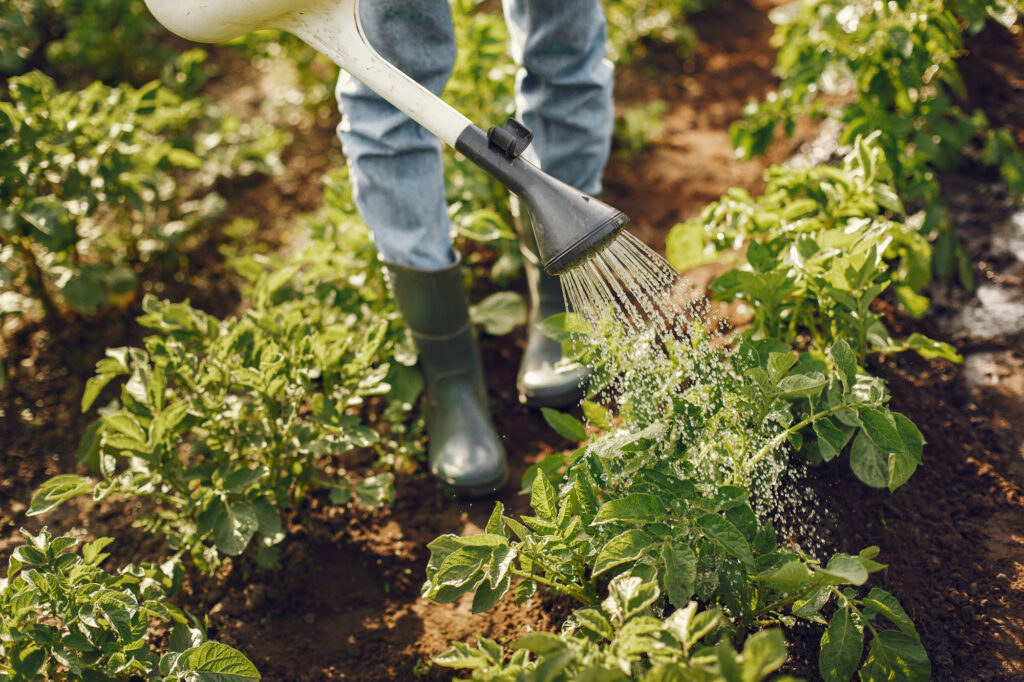
The first step is to review your situation and understand what exact considerations, unique to your situation, need to be accounted for. These include:
Location of the land:size, plots and crops distribution, which kind of crops, trees, animals are integrated in the farm system.
Farm-specific challenges:
Investigate
Get acquainted with the adjustments required by talking to other organic farmers and contacting a local advisor.
Take the time to learn organic farming practices relevant to you. For example, what does organic farming look like if you grow root vegetables? What do you need to do if you run an orchard? What about if you’re raising cattle or operating a dairy farm?
Choose product
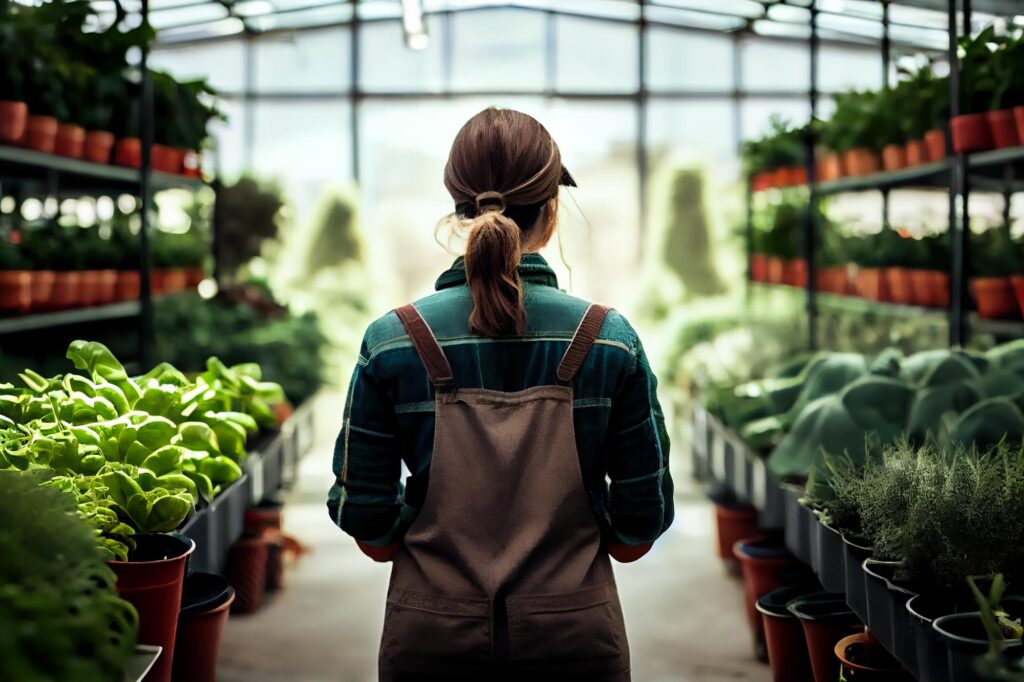
Once you’ve got a good understanding of organic farming, you’ll want to choose the appropriate crops. This will depend on a few things, such as what you like to eat, and what your property can actually sustain.
Choose an Organic Certification Body and Register as an
Organic Operator
The Organic Certification Bodies (OCBs) provide an inspection and certification service for all Organic Production Units in Ireland.
They have been designated and are regulated by the Organic Unit of the Department of Agriculture, Food and Marine, and are responsible for upholding the organic standards as defined by the EU. The OCB sends an information pack on request.
The pack is tailored to the producer’s needs and will contain information on the application and conversion process, an application form and a guide to the Organic Standards.
Once the application and conversion plan are received and assessed, an initial inspection will be arranged and you are registered as an organic operator.
Apply to join the Organic Farming Scheme (OFS)
Having registered as an organic operator with an OCB, you may then apply to the Department of Agriculture, Food and Marine to join the Organic Farming Scheme (OFS)
Complete the Conversion Period
When the initial inspection has been carried out, the application approved and the “in-conversion licence” granted, a period of conversion begins.
Normally two years in duration, this period of conversion allows time for the land and producer to adjust to the organic methods. During the conversion period, the enterprise must adhere to all the Organic Standards concerning animal welfare, artificial fertilisers, pesticides and chemicals.
The changes proposed in the conversion plan must be implemented during this period.
After the required conversion period expires, the inspection body may issue organic status to the farmer (unless the conversion period is being extended), which allows the farmer to sell his/her produce as organic.
MRT food
MRT Food is an organic products company in Iran that operates under the supervision of the European Organic Union and international standards.
This company sends organic products such as sour tea, saffron, Common Mallow,blue mallow,Damask rose,Thyme,Organic Hibiscus tea bags,etc to all countries of the world.
These products are made under the supervision of experts and with organic methods
And it is exported by air and sea with modern methods.
Conclusion
In conclusion, organic farming involves a number of important steps to ensure sustainable and environmentally friendly agricultural practices. These steps include soil management through the use of compost and cover crops, crop rotation, and natural pest control methods. Organic farmers also avoid the use of synthetic fertilizers and pesticides, opting instead for natural alternatives. Certification by regulatory bodies ensures that organic farmers follow strict guidelines to maintain the integrity of their products. By following these steps, organic farming promotes biodiversity, reduces soil erosion, and supports the health of both consumers and the environment. As consumers become increasingly aware of the benefits of organic farming, it is likely that this method of agriculture will continue to grow in popularity.

